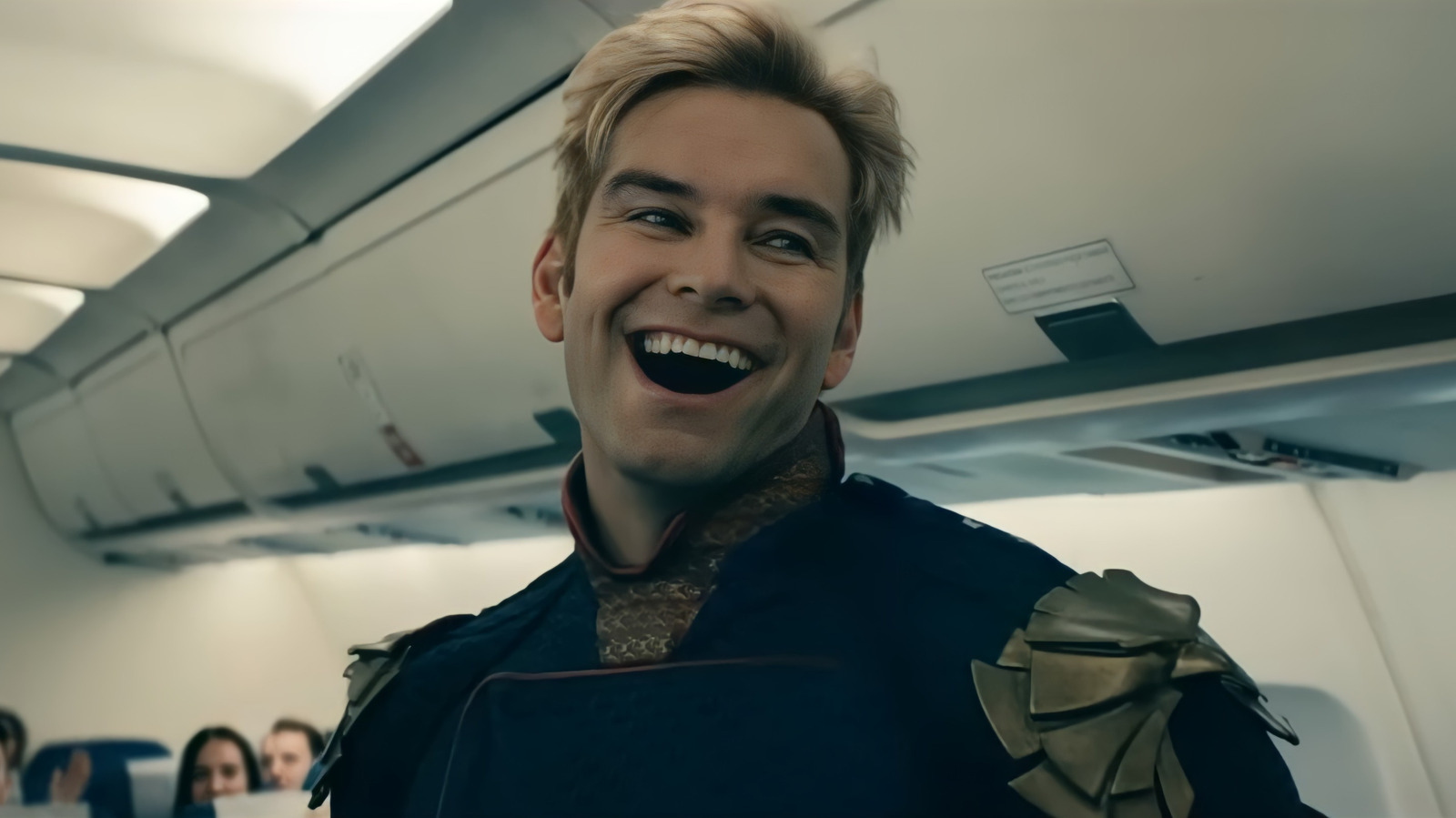
Kripke didn’t elaborate much on why this scene worked so well for him, but it’s easy to understand: it’s horrifying. There’s something uniquely stomach-churning about watching the passengers realize that their hero is abandoning them to their deaths, that they probably would’ve been safer with the hijackers. Homelander presents himself as a god, and here the passengers realize their god doesn’t care about them.
It’s also a brilliant subversion of a scene we’ve seen constantly in superhero media. Spider-Man nearly killed himself trying to stop that train in “Spider-Man 2,” but Homelander takes one look at the situation and thinks, “Eh, not worth the effort.” First, he claims that catching the plane would be impossible, then he refuses to even fly a couple of passengers to safety. It turns out that Homelander cares about his image most of all; it doesn’t matter how many innocents he has to sacrifice to maintain it.
The scene is also the moment that sets up Maeve’s redemption arc. In the beginning, she’s presented as detached and apathetic, someone who passively goes along with all of Vought and Homelander’s nonsense. But the plane scene’s so disturbing it shakes her out of her complacency; by the time she’s watching Homelander spin the tragedy for Vought’s military ambitions, she’s fully realized that her current coping strategy won’t be enough to get her through the days. It’s the start of one of the most satisfying character arcs in the entire show so far, and it all traces back to this moment. “The Boys” may have had a strong start, but it was here that so many of its best qualities started to take shape.


Leave a Reply